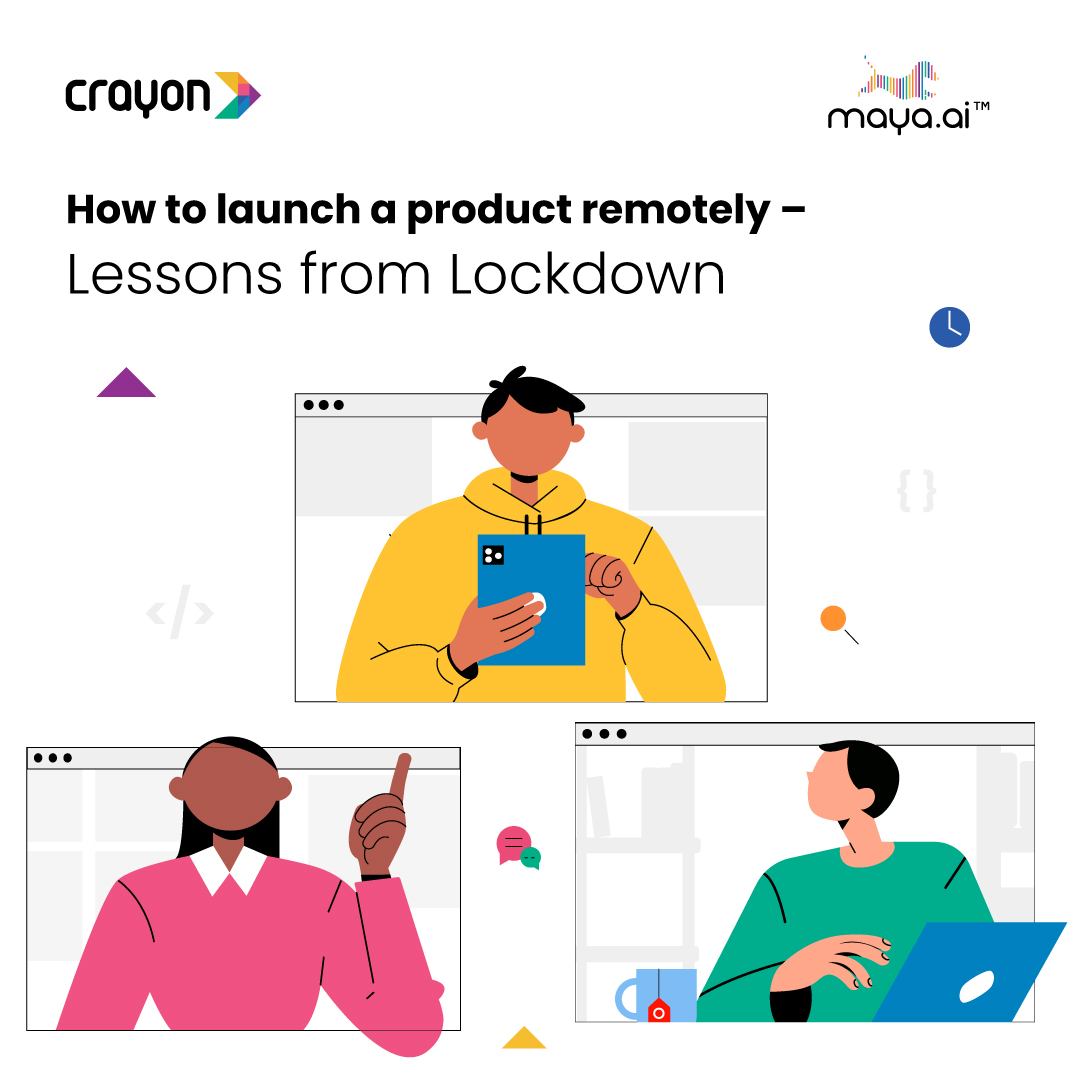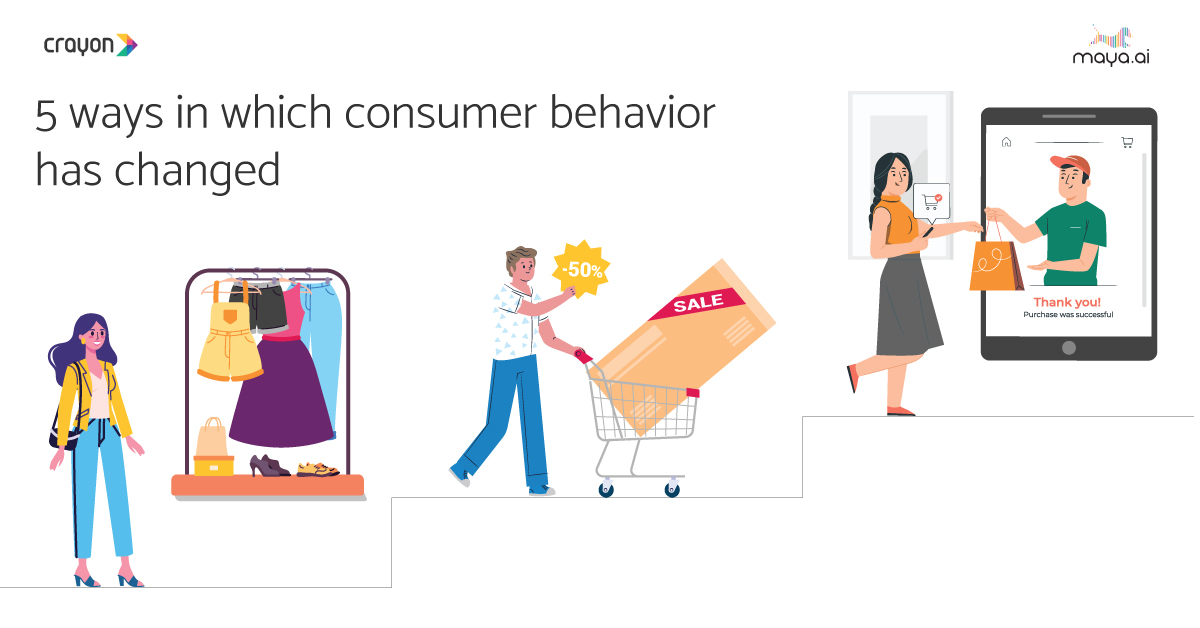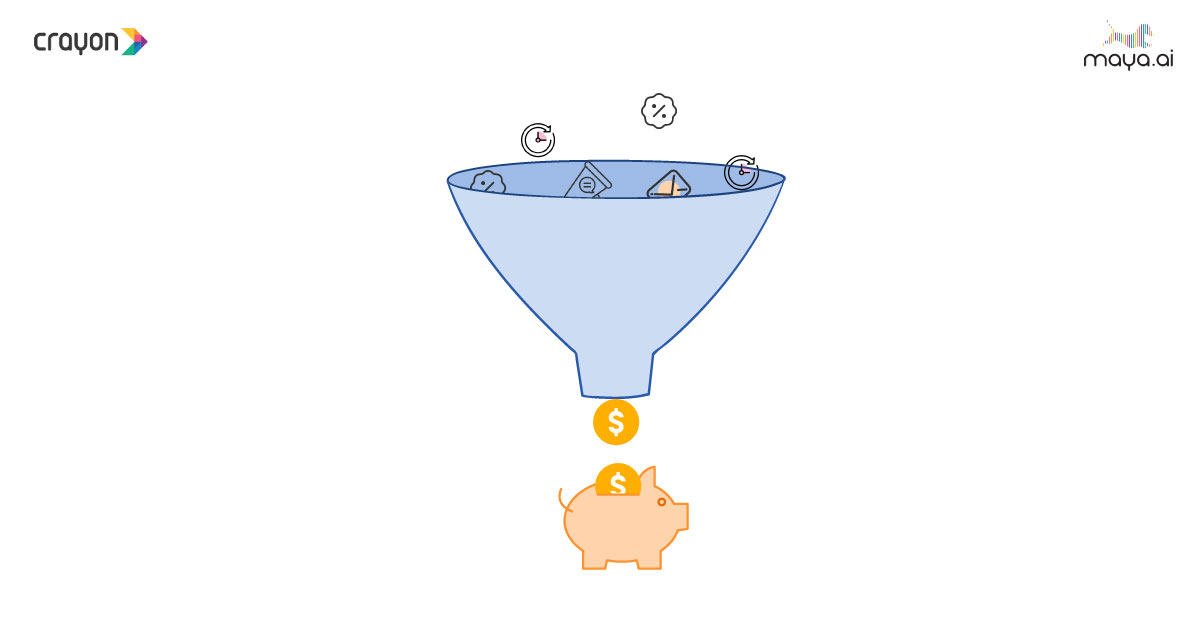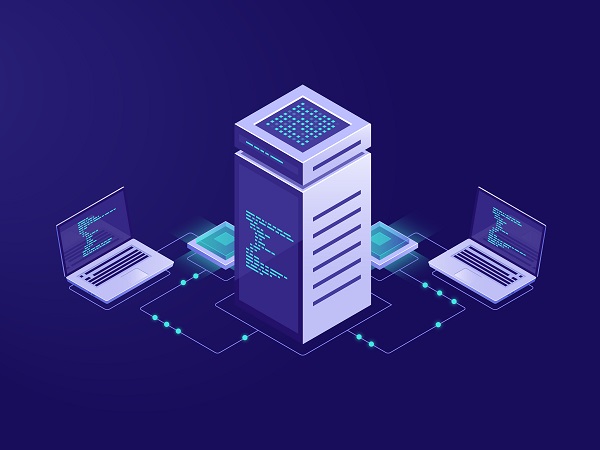Out of many business processes recruitment stands out greatly as talent acquisition in many ways builds a core for any company’s success. Currently, there are many recruiting practices that might have slight to big differences depending on the company, however, there is something that became very popular lately and is now being used by many businesses. We are talking about using big data during talent acquisition. You can learn about what it is and how beneficial it might be in the world of recruitment from this article.
Talent Acquisition and Big Data: How Do They Go Together
First of all, you need to understand that the talent acquisition process slightly differs from common hiring. Talent acquisition is more about paying attention to the candidate’s skills and talent rather than official certifications (however, those are also being taken into consideration). Big data allows recruiters to use a strategic approach in finding talents which eventually turns out to be beneficial for the company’s finances.
So what is big data? It is a massive amount of information, structured and unstructured, that can be openly acquired by anyone. Such data undergoes various types of analysis that can give insights into business processes and show previously unknown patterns of human behavior, etc.
How can big data be beneficial for recruiters? As we have mentioned previously, it allows you to save time and money. Currently, recruiters have access to huge amounts of data, however, it is nearly impossible for a human to quickly analyze that. Instead of hiring more recruiters companies can now turn to algorithms and special tools that allow swift big data analysis. Because of that recruiters can have a full image of the candidate before they even step into the room for the interview. This is especially relevant for technical positions, such as software engineers, where the candidate’s personality and soft skills might be just as important as their certifications.
You can also manage your money more efficiently by setting a candidate’s financial compensation according to their overall set of skills and personality. For example, setting your software engineers salary looking back not only at their certifications but also on the set of their skills and such.
Using big data can also improve your employees’ retention metrics as it allows to predict circumstances under which people are more likely to leave or stay.
Types of Data Used for Talent Acquisition
So what type of data is being typically used for talent acquisition? Now with powerful algorithms and plenty of online information recruiters can broaden their analytical capabilities greatly. The most typical big data that can be analyzed are the following:
- Social media profiles;
- Performance reviews;
- Job resumes;
- Online preferences such as shopping, reading, etc.;
- Business cards;
- Prior skills test.
Basically, big data recruitment allows you to thoroughly analyze any trace of a candidate’s online presence, building a profile on them to understand whether they are a fit for the job before arranging an actual interview.
Such an approach gives a chance to really know the candidate. For example, a traditional approach in hiring would be mainly focused on a person’s certifications, while big data recruitment allows you to find people, who might not have a diploma but are nevertheless experts in the field. This is especially relevant for technical positions, such as software programmers.
Also, going through a potential candidate’s social media profile or previous skills tests it is possible to learn about their soft skills and type of personality that can be crucial at some types of jobs, for example, business development.
Reasons for Using Big Data in Recruitment
One of the main reasons for using big data in this industry is cost reduction. Hiring a candidate often implies such aspects of this process like onboarding, training, offboarding, and such. All these processes require significant financial input that some companies simply cannot afford. In this case, strategical recruitment might be the very thing to ‘save the day’.
Using big data in such a situation allows reducing the number of suitable candidates to minimize the expenses made during the recruitment process. This way, recruiters can not only make those processes more efficient but also predict future hires.
A great example of big data usage during the recruitment processes would be project Oxygen by Google. The purpose of this project was to understand and improve Google’s management practices by collecting data from interviews with potential candidates along with surveying employees, trying to understand the key factors that make a manager a good one. Initially, Google’s leaders were rather skeptical about the need to have managers at all, however, big data analysis not only proved them wrong but also helped with managers’ performance optimization.
Risks of Using Big Data in Talent Acquisition
While using big data in recruitment is obviously beneficial, there still might be some risks to consider.
GDPR Compliance. This regulation controls the way companies are storing and using personal data. So processing someone’s particular data without their consent would be illegal and might have consequences. To prevent that from happening, make sure that your company is GDPR compliant and has a permission to collect and process your potential candidates’ data.
It is still a matter of discussion whether it is appropriate to base recruitment decisions on personal social media profiles and other type of data not listed on the candidate’s resume.
Misinterpretation of the data. Some recruiters might not be experienced enough to correctly interpret the results of the big data analysis. Another problem occurs when recruiters rely solely on such results. To avoid such troubles it is best to hire a big data engineer as well as to previously agree on what metrics you want to look for as well as think of some combination of previously used and more traditional recruitment methods along with this one.
Final Thoughts
Big data recruiting can help you with finding the right candidates for the position faster, than traditional recruitment practices and in a more cost-effective way. The key moment here is to make sure that your actions are legal, ethic and not biased. Just remember, that this practice is supposed to make the recruiter’s job easier, not replace them completely.



















